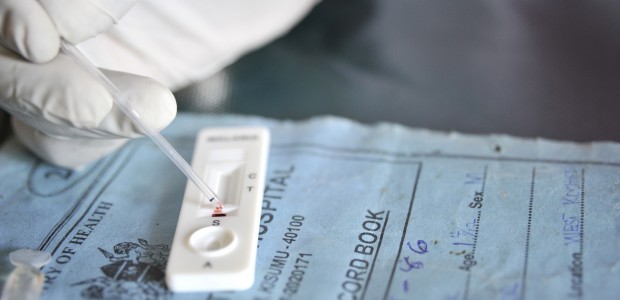Some exciting news has broken as specialists may have a new test for breast cancer risk. Unlike other conventional methods, this test isn’t looking for inherited genetic mutations. It’s looking for specific alterations in DNA functions– namely the BRCA1 breast cancer gene.
Cancer research has shown that inherited genetic mutations are not the primary cause of most breast cancer cases. Just about 60 percent of cases are linked to outside risk factors such as:
- Lack of exercise
- Poor overall diet
- Excessive alcohol consumption
- Smoking cigarettes
“Women who carry the signature are at particularly higher risk of developing breast cancer in the future,” explains Martin Widschwendter from the University College London. Martin was the lead investigator in evaluating this new breast cancer test.
Predicting Breast Cancer Risk Years Earlier
Widschwendter’s team looked for alterations produced as a result of methylation, a process which speed up or slow down a gene’s function. BRCA1 prohibits cell growth, discontinuing the out-of-control proliferation that mutates healthy cell clusters into tumors.

The goal was to test blood extracted from participants who did and didn’t have BRCA1 mutations before cancer had begun to form. According to the report, the tests from both groups exhibited homogeneous changes in the DNA methylation.
“It was able to predict breast cancer risk several years before diagnosis,” confirms Widschwendter. He acknowledged that the changes could be caused by risk factors such as frequent alcohol consumption and obesity.
The “signature was tested with three unique groups of female volunteers, and it consistently identified the women who’d develop cancer anywhere from 5 to 12 years later.
A New Direction for Breast Cancer Research?
“I think this is a productive direction,” notes Dr. Jeffrey Weitzel, the head of clinical cancer genetics at the City of Hope Cancer Center in Duarte, California.
Breast cancer still ranks as the most common cancer amongst the female population here in the U.S:
- At least 200,000 will be diagnosed with this disease over 2014
- An estimated 40,000 will succumb to their illness in 2014

Anyone who’s read our blog before probably knows that breast cancer screening guidelines are the topic of much heated debate. Women are faced with conflicted recommendations when it comes to mammograms. Leading institutions are releasing competing data that are leaving many unsure what to do.
This new test could help provide some clear direction for untold numbers of women. “A test could help us tailor screening and risk reduction for women,” explains Weitzel. “We know that we can change risk.”
At the moment, there is still a lot more work to be done before this test is ready for widespread use. The test has only been used on a handful of volunteers, and there’s speculation that it might be better served testing for cervical cancer (maybe accompanying an annual Pap smear).
(Cervical cells tend to react in a similar way to the hormones commonly linked to breast cancer.)
There is still much we don’t understand about the underlying causes of breast cancer. Results released just a couple weeks ago suggest that the presence of many moles could be a red flag for above average breast cancer risk (although this is nothing more than correlational at this point).

